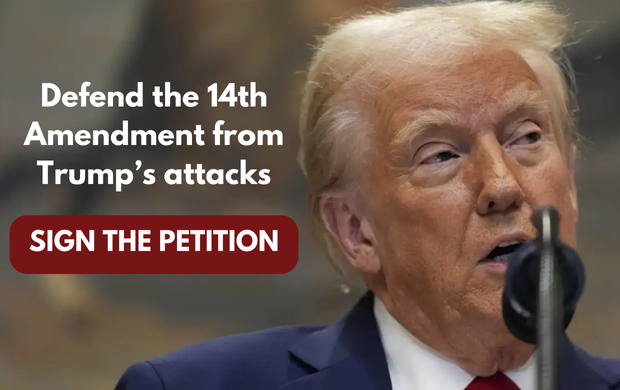Ending trading and holdings in Congressional stocks
Earlier this month, I partnered with Senator Peters to lead a bipartisan group of Senators to outline an updated version of the Ending Trading and Holdings in Congressional Stocks (ETHICS) ACT to bar lawmakers from buying and trading individual stocks and other covered investments while in office.
We are elected to serve the public, not our portfolios.
When the portfolios of members of Congress routinely do better than a generalized portfolio, it makes the public wonder if privileged information and insights that come from committee work and closed-door briefings benefit members' stock portfolios. In fact, there are even investment funds that copy the buys and sells of the most successful Congressional traders. And what's even more egregious is that stock trading can corrupt the legislative process when people are thinking more about the impact on their portfolios rather than on their constituents when writing or voting on bills and amendments.
It's a conflict of interest, and the ETHICS Act aims to fix that.
In 2023, members of Congress made more than 11,000 individual trades worth over $1 billion, with dozens of members making well above average gains.
And a 2022 New York Times investigation reported a fifth of all lawmakers traded in companies directly related to their work on a congressional committee.
Even in our divided political climate, a 2023 poll from the University of Maryland found that 86% of voters support banning members of Congress from holding individual stocks, including majorities of Democratic, Independent, and Republican voters. It's not often we see that level of agreement!
Onward!
Jeff




